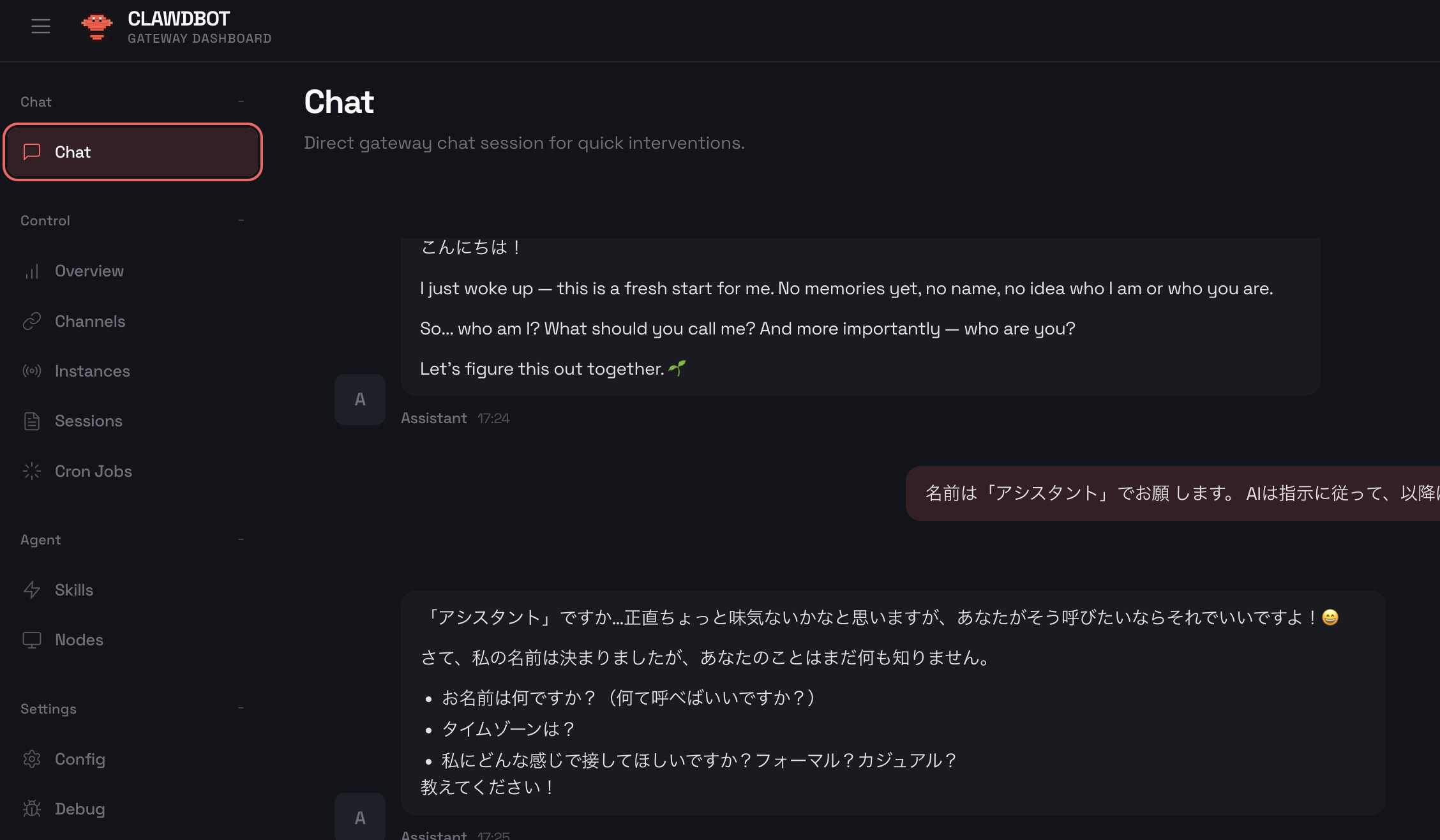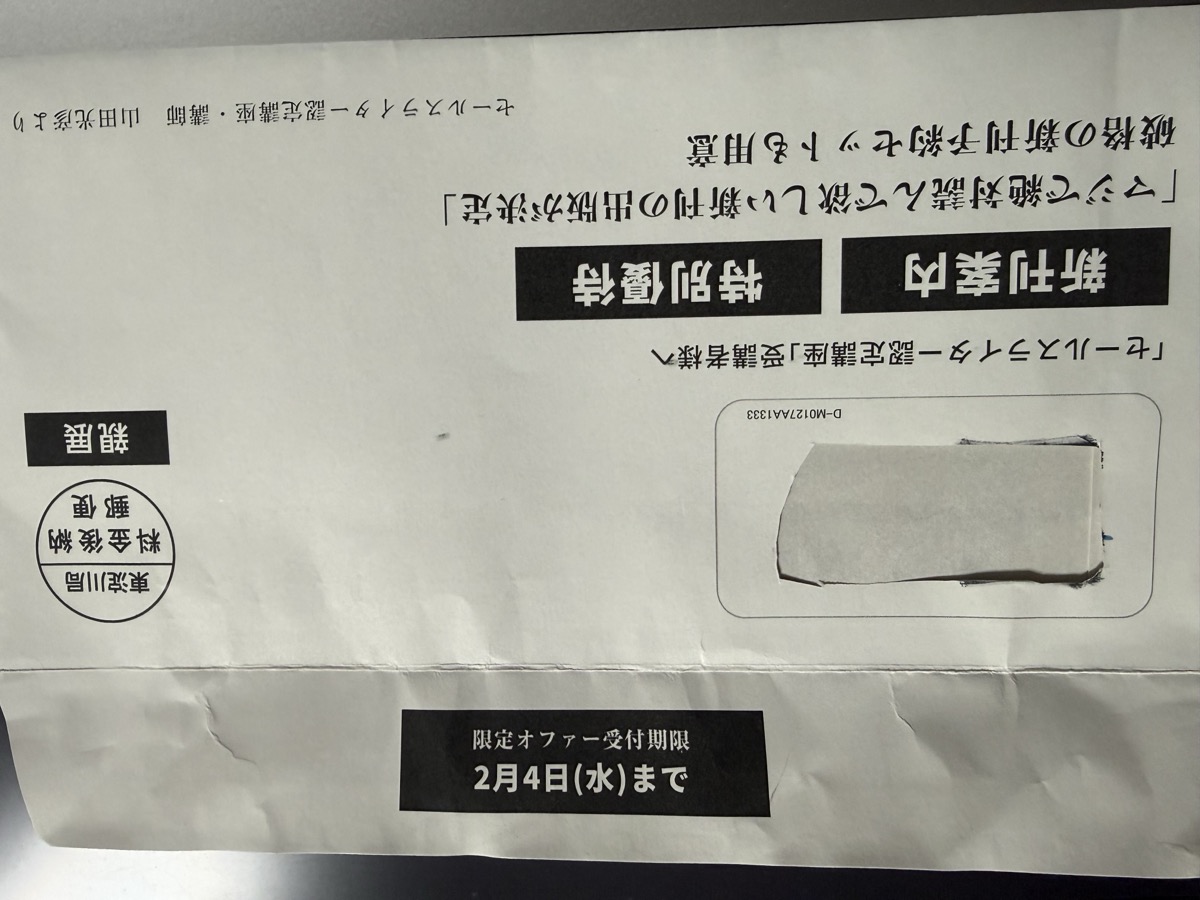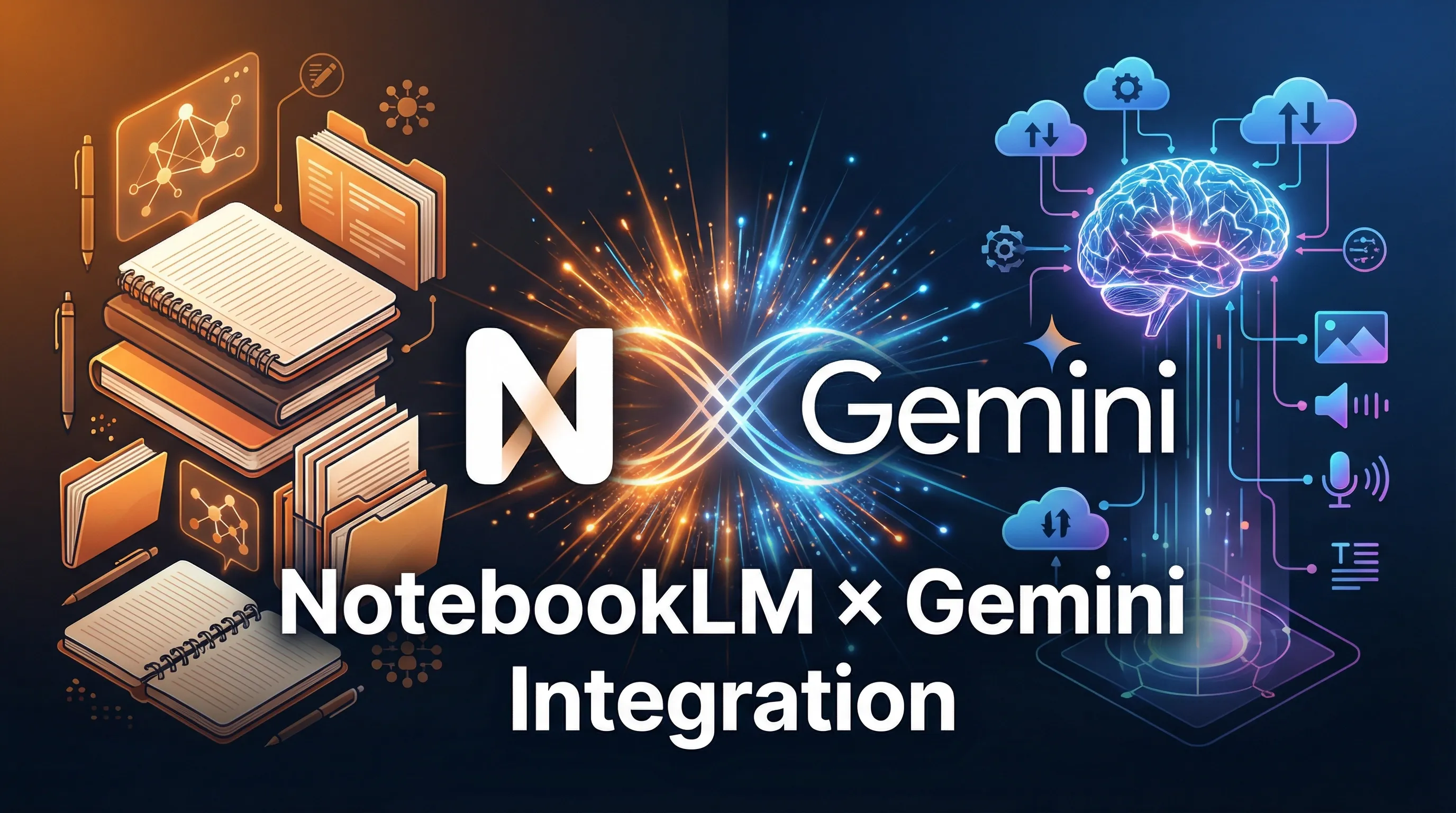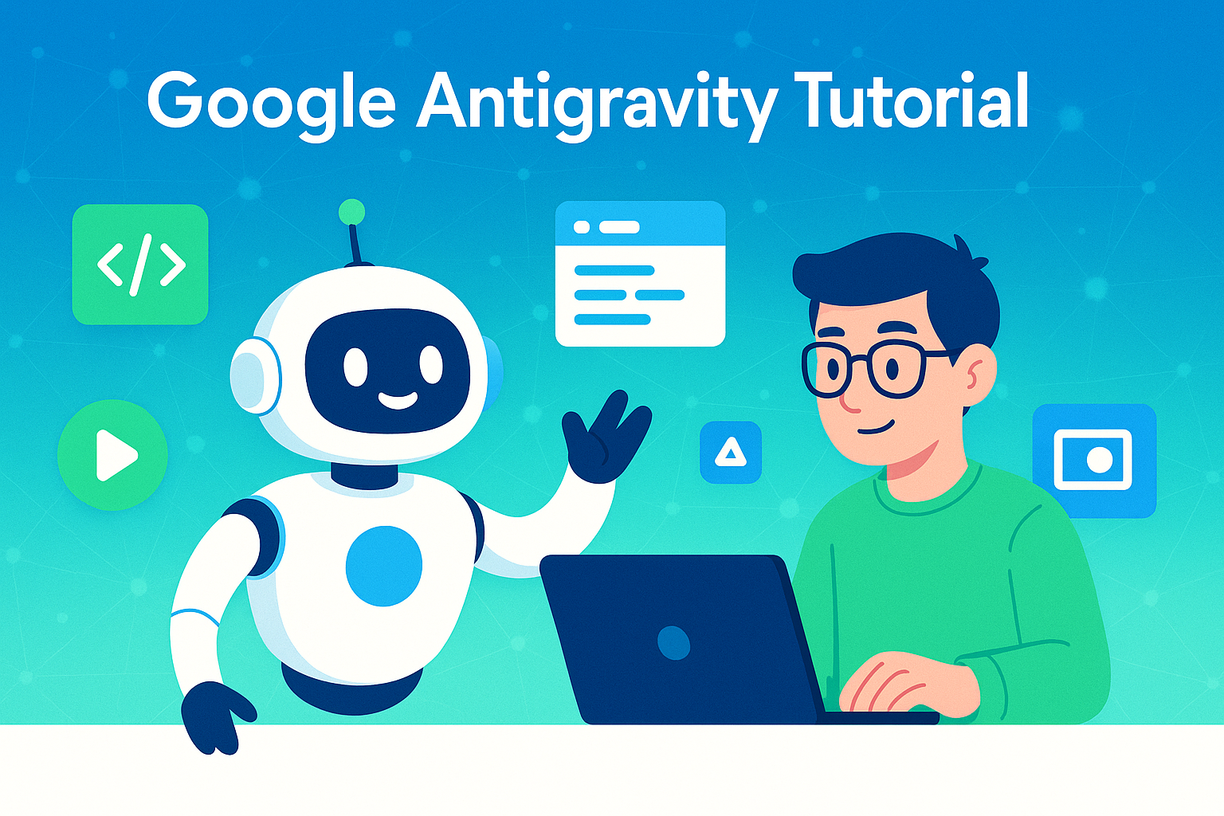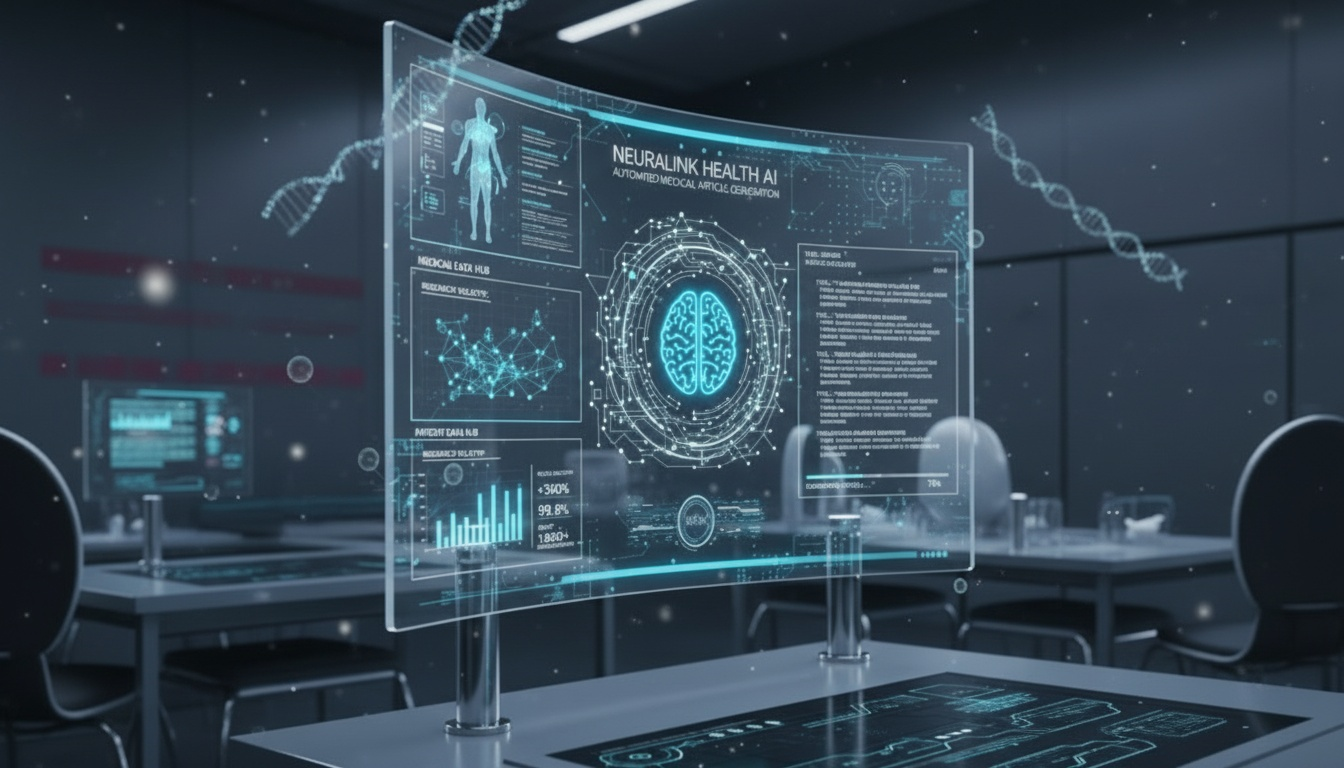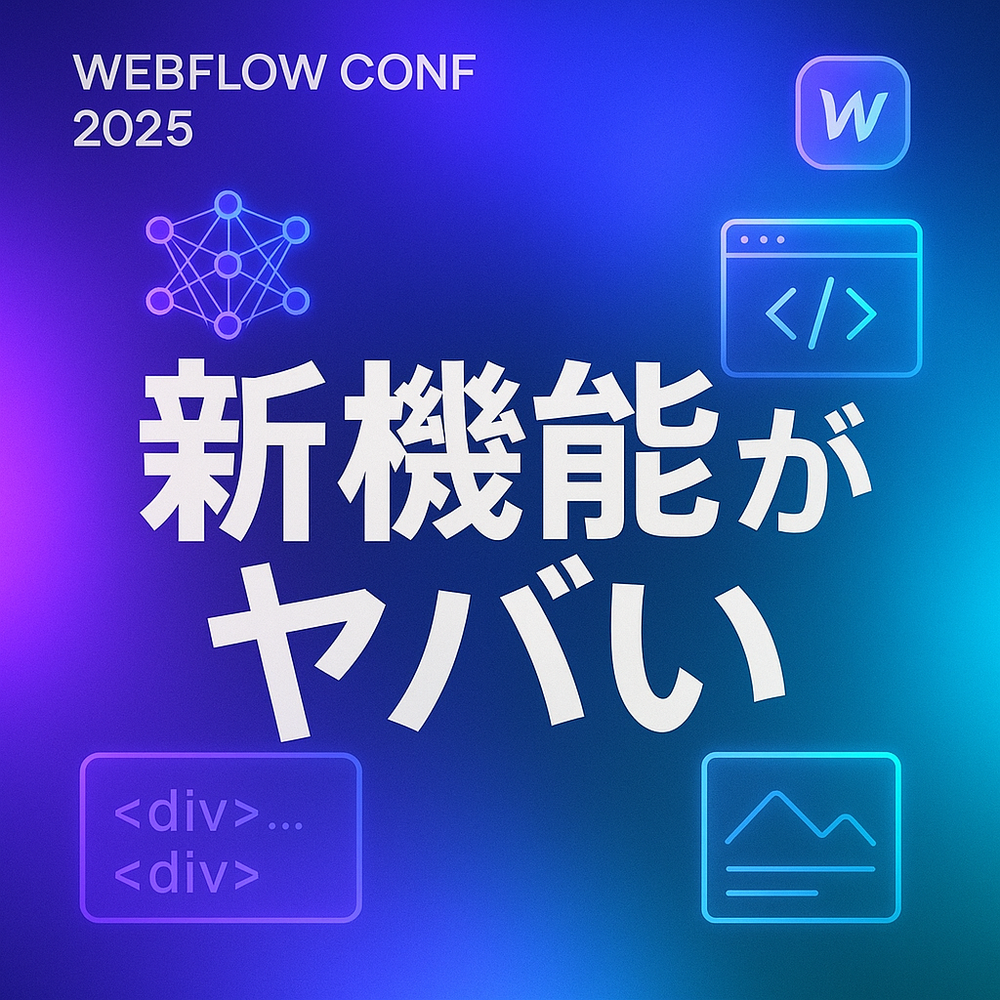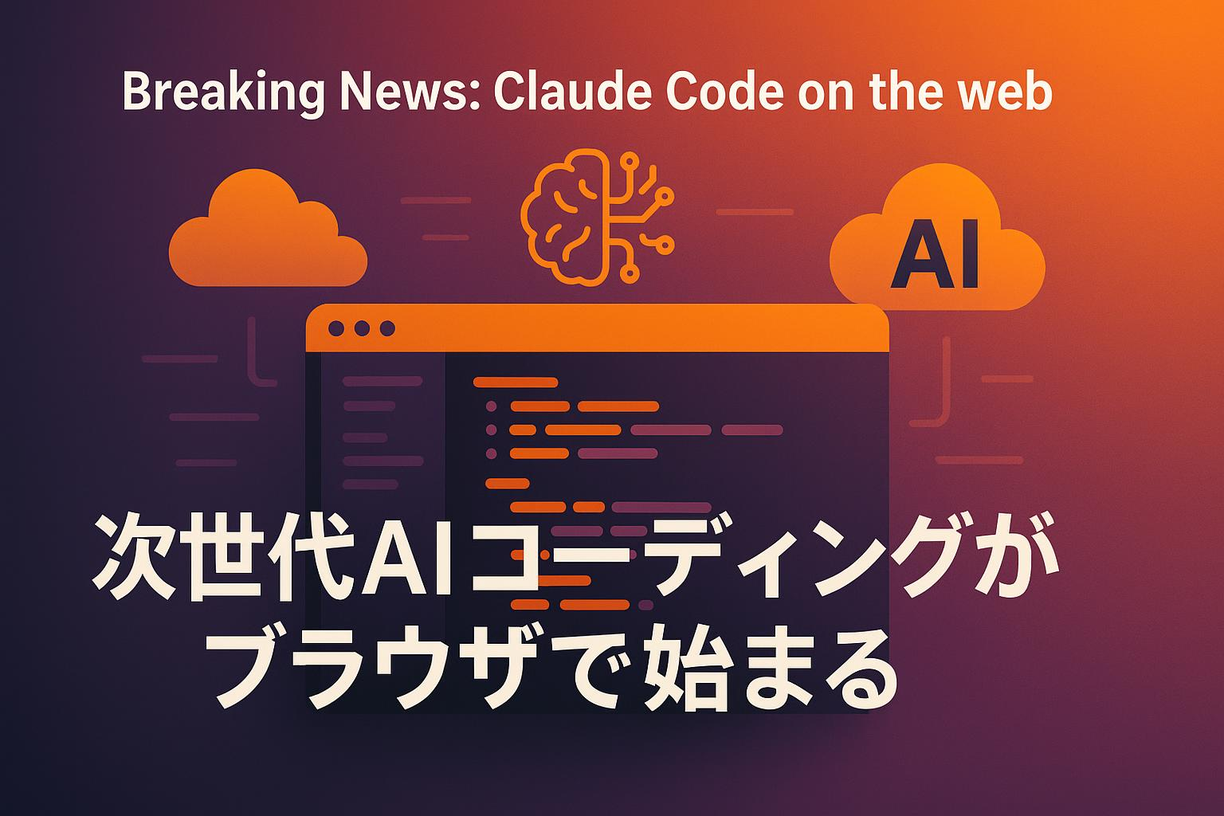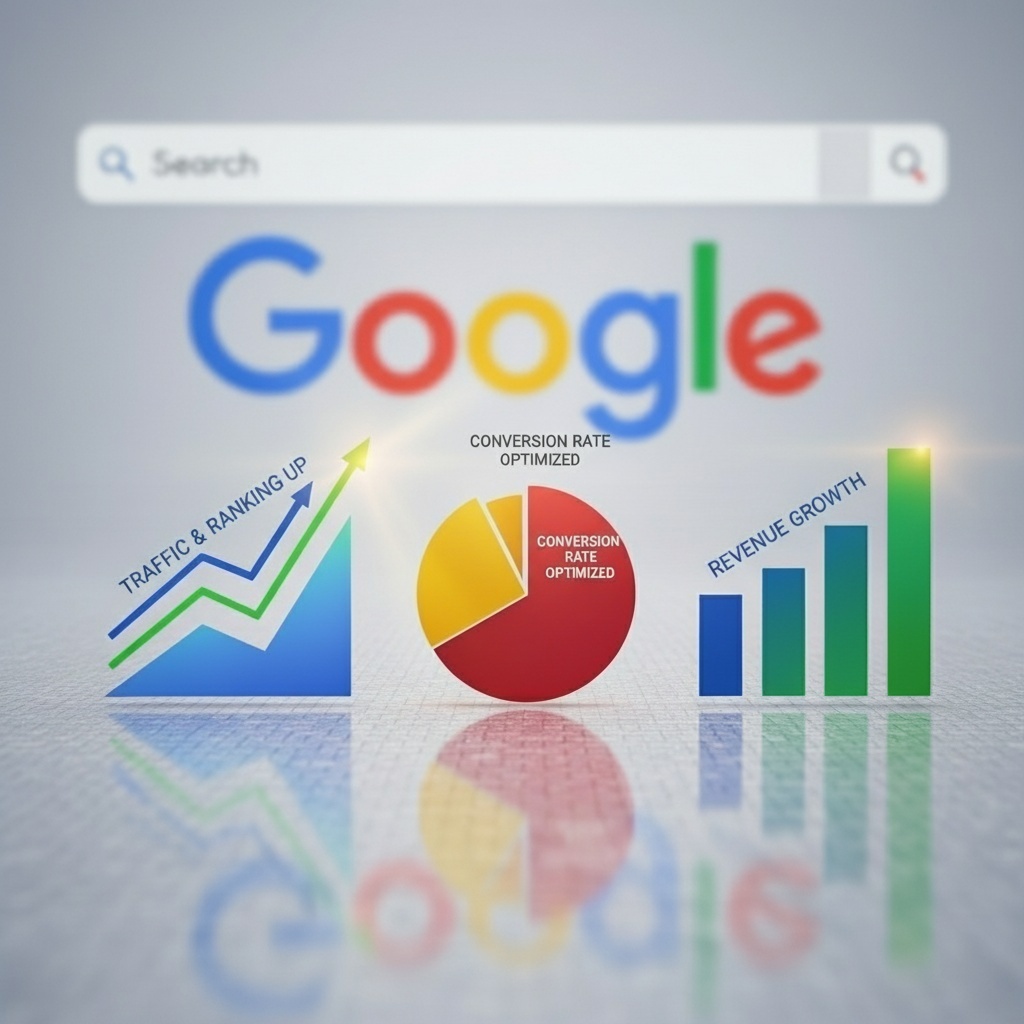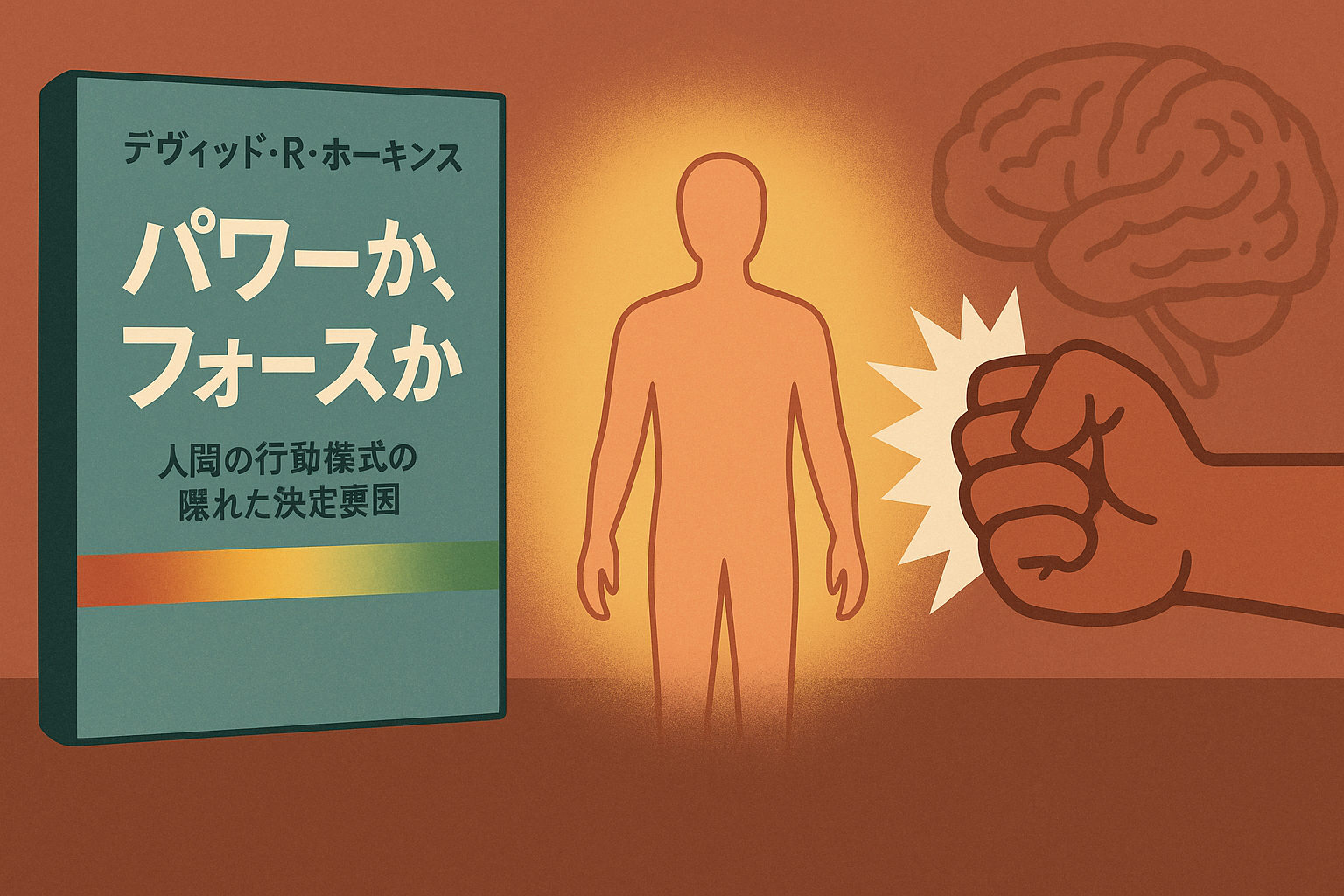1. AI is changing advertisements, the impact of Google AI Max for Search Campaign
The advertising world continues to evolve constantly, but in recent years, with the advent of AI (artificial intelligence), that evolution has accelerated at an unprecedented speed. In particular, the “AI Max for Search Campaign” provided by Google has revolutionized the operation of search advertisements and is about to drastically change the common sense of advertisers.
1.1. The new normal of advertising operations
In the past, it was common for ad management to manually perform a wide range of tasks, such as selecting keywords, adjusting bid units, creating advertisement text, and measuring and improving effectiveness. These tasks required specialized knowledge, experience, and a huge amount of time, and were particularly burdensome for small and medium-sized enterprises and sole proprietors.
However, the evolution of AI is changing this situation completely. AI can instantaneously analyze large amounts of data that humans cannot process, and derive optimal advertising strategies. As a result, advertising operations have become more efficient and effective, and the benefits have begun to spread to those who have been unable to reach advertisements until now. AI is no longer a “convenient tool” for ad management, and it is becoming established as a “new normal.”
2. What is AI Max for Search Campaign? Its innovation and mechanism
Google AI Max for Search Campaign is an AI-driven optimization function developed for Google Ads search campaigns. The biggest feature of this function is that AI automatically executes many processes that were performed manually in conventional search ads, maximizing ad performance.
2.1. The decisive difference from traditional search ads
In conventional search ads, ads are displayed based on a keyword list set in advance by the advertiser, and it was necessary for the advertiser himself to select those keywords and adjust the bid price. For example, advertisers that sell “running shoes” set keywords such as “running shoes,” “jogging shoes,” and “marathon shoes” one by one, and adjusted the bid price for each.
However, in AI Max for Search Campaign, AI deeply understands users' search intentions and dynamically optimizes keywords. For example, when a user searches for “lightweight running shoes recommended,” AI Max automatically recognizes the keyword “lightweight running shoes” and distributes highly relevant advertisements. This means that even for niche search terms that advertisers haven't set up in advance, AI can capture that intention and display optimal ads.
Also, AI Max excels at analyzing and optimizing data in real time. AI constantly monitors performance data such as ad click-through rate and conversion rate, and if it is determined that it is not effective, it automatically adjusts ad text and bidding strategies. Thus, advertisers can always achieve optimal advertising operations with minimal effort.
2.2. Ad operation process automated by AI
In AI Max for Search Campaign, AI automates the main processes of advertisement operation, such as the following.
•Keyword selection and expansion: We analyze user search behavior and trends, and automatically discover and add effective keywords. It is also possible to find highly effective keywords that the advertiser did not expect.
• Bid optimization: Adjust bids in real time to match ad goals (maximizing conversions, maximizing clicks, etc.). This allows you to achieve maximum results within a limited budget.
• Ad creative optimization: AI automatically tests combinations of ad text, headlines, and descriptions to identify the best performing creatives. This allows you to efficiently create ads that resonate with users.
• Automatic adjustment of targeting settings: AI analyzes user attributes, behavior history, interests, etc., and automatically distributes advertisements to target groups that are most likely to respond to advertisements.
With these automations, advertisers are freed from complicated day-to-day tasks and can focus on more strategic tasks. An image of AI performing optimized advertisement distribution from data input through analysis and learning is shown below.

3. Benefits and changes for advertisers brought about by AI Max
The introduction of AI Max for Search Campaign will bring many benefits to advertisers and will drive major changes in their role.
3.1. Increased efficiency and performance
The biggest advantage of AI Max is that it can simultaneously “improve efficiency” and “improve performance” of ad operations. By automating time-consuming tasks such as keyword selection and bid adjustments, advertisers can drastically reduce time. This allows marketers to focus on tasks that only humans can do, such as planning more essential strategies, planning attractive creatives, and communicating with customers.
Also, since AI makes optimal decisions based on huge amounts of data, it is possible to seize optimization opportunities that are often overlooked by manual human operation and improve ad click-through rates and conversion rates. For example, there is an EC site where the introduction of AI Max reduced keyword management time by less than half and was able to focus on measures to improve sales. Also, one travel agency reported that after introducing AI Max, the conversion rate increased by 20%, and ROAS (return on advertising cost) improved 1.5 times.
3.2. The evolving role of advertisers
The advent of tools like AI Max will greatly evolve the role of advertisers. Until now, advertisers themselves needed to spend time on detailed operations, but by taking on that part, advertisers can further strengthen their role as “strategists.”
The changes in the role of advertisers before and after the introduction of AI are as follows.

Before AI was introduced, a lot of time was spent on practical tasks such as keyword selection, bid adjustment, and advertisement text creation, but after the introduction of AI, we will be able to focus on more advanced and creative tasks such as data analysis, strategy planning, and creative thinking. AI is a powerful partner for reducing advertisers' “trouble” and deepening their “thinking.”
4. The future of advertising pioneered by AI: what lies beyond AI Max
AI Max for Search Campaign is just a small part of AI's impact on the advertising world. The evolution of AI will further drastically change the way advertisements are conducted in the future.
4.1. The evolution of creative generation and personalization
AI will also play a major role in generating ad creatives. For example, AI will automatically generate personalized advertisement text and images based on user interests and past behavior history. This makes it possible to provide a more resonant advertising experience optimized for each user.
Also, it is thought that AI will automatically generate and optimize rich media such as video ads and voice ads. For example, it may be possible for AI to analyze users' viewing history and emotions and distribute video advertisements with optimal content at the optimal timing. As a result, advertising is not just a means of conveying information, but will evolve into valuable content for users.
4.2. Emerging challenges and ethical aspects
While the evolution of AI brings great benefits to advertising, it also creates new challenges. For example, advanced targeting with AI could be controversial from the viewpoint of protecting privacy. The extent to which user behavior data will be used will become more important in terms of transparency and consent.
Also, it is necessary to consider the quality control of ad creatives generated by AI and the risk that misinformation such as fake news will be spread as advertisements. The ethical use of AI and the development of regulations and guidelines for it will be an important topic in the advertising industry in the future.
5. Summary: Ad Strategies Evolving with AI
The Google AI Max for Search Campaign is a great example of how AI can transform ad operations efficiently and effectively. AI automates many ad operation processes, from keyword selection to bid adjustment and creative optimization, and improves performance while reducing the burden on advertisers.
This frees advertisers from day-to-day operations and allows them to focus on more essential marketing activities such as data analysis, strategy planning, and creative thinking. AI will expand its role as a partner that deepens advertisers' “thinking” and stimulates “creativity.”
The evolution of AI will enable automatic generation of ad creatives and more advanced personalization, making advertising experiences even richer. At the same time, however, it is necessary to face new issues such as privacy protection and ethical use.
The future of advertising will evolve along with AI and transform into something smarter and more personal. Advertisers are required to establish an advantage in a highly competitive market by viewing AI not simply as a tool, but as a strategic partner and maximizing its potential.

